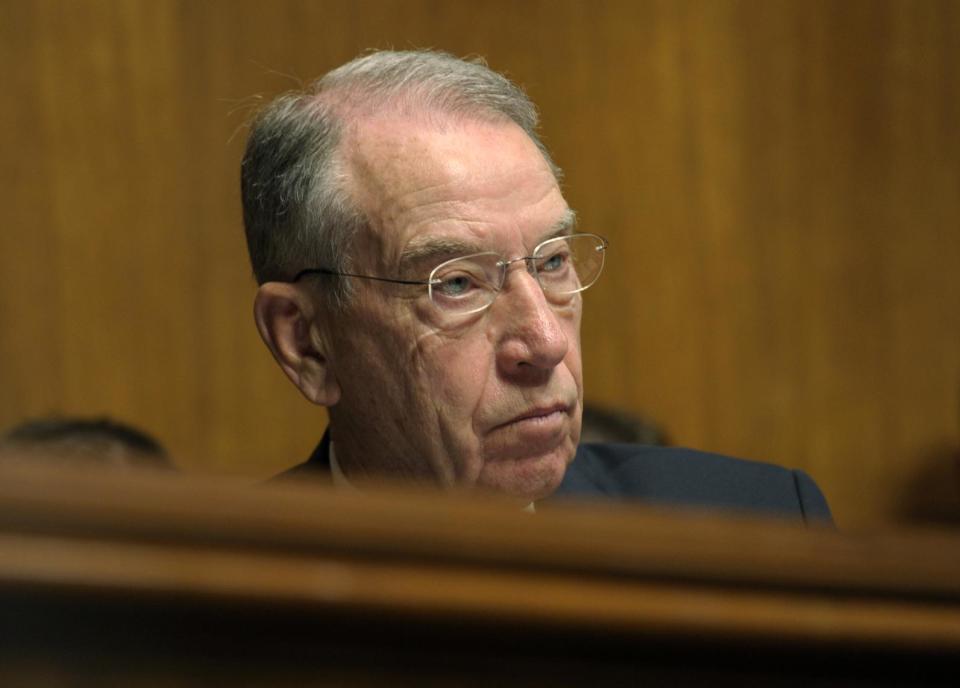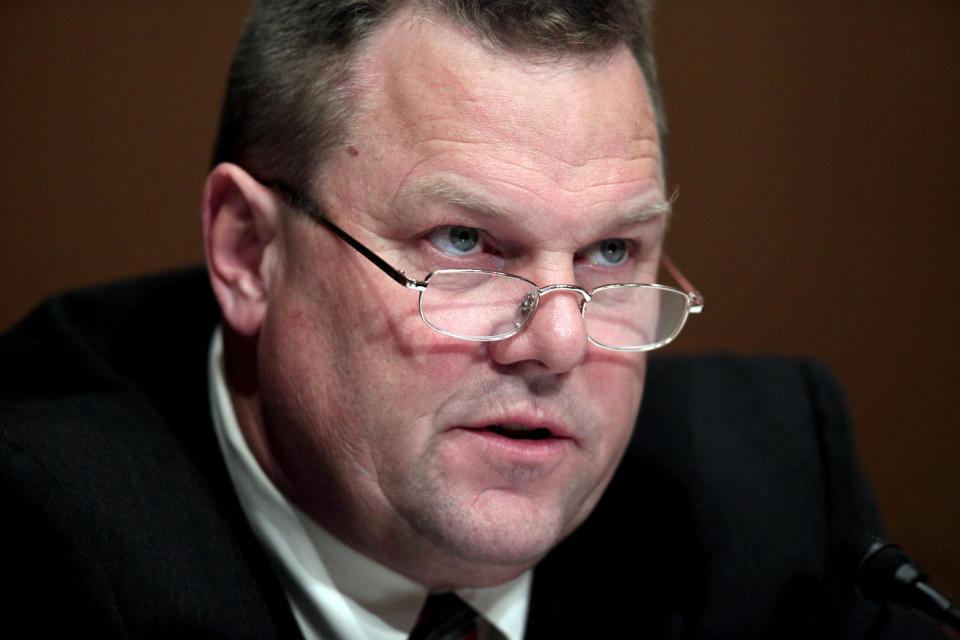Child labor groups upset farm rules are dropped
WASHINGTON (AP) — The Obama administration's move to scrap a plan that would prevent some children from working in dangerous farm jobs drew sharp rebukes Friday from child welfare advocates who claim the president caved to election-year pressure from farmers and Republicans.
The Labor Department spent more than a year working on the proposal to ban children younger than 16 from using power-driven farm equipment — including tractors — and prevent those under 18 from working in grain silos, feed lots and stockyards.
Labor officials tried to avoid controversy by specifically excluding children who worked on their parents' farms. But the proposal became a popular political target for Republicans who called it an impractical, heavy-handed regulation that ignored the reality of small farms.
Reid Maki, coordinator of the Child Labor Coalition, said the Labor Department's sudden decision late Thursday to withdraw the proposed rules means more children will die in farm accidents that could have been prevented.
"There was tremendous heat, and I don't think it helped that it was an election year," Maki said. "A lot of conservatives made a lot of political hay out of this issue."
The goal was to protect children who are four times more likely to be killed while performing farm work than those in all other industries combined.
But the proposal was routinely mocked in rural states like Kansas and Montana where farmers often have their kids do chores that can include operating heavy equipment.
Sen. Jerry Moran, R-Kan., said the rules would threaten a way of life, even preventing kids from operating a battery-powered screwdriver or a pressurized garden hose.
"Those regulations were very specific, things that seemed very lacking in common sense and in many ways just crazy," Moran told reporters Friday at a news conference in Topeka, Kan.
While the Labor Department repeatedly denied it would go that far, officials promised three months ago to modify the plan in a bid to mollify opponents. The agency made clear it would exempt children who worked on farms owned or operated by their parents, even if the ownership was part of a complex partnership or corporate agreement.
That didn't appease groups like the American Farm Bureau Federation that complained the new prohibitions would upset traditions in which many children work on farms owned by uncles, grandparents and other relatives to reduce costs and learn how a farm operates.
Farm state Democrats also expressed concerns. Sen. Al Franken, D-Minn., called the withdrawal "a good outcome." Sen. John Tester, D-Mont., pledged to "fight any measure that threatens that heritage and our rural way of life."
The Labor Department said it withdrew the proposal in response to thousands of comments that expressed concern about the impact of the changes on small, family-owned farms.
"To be clear, this regulation will not be pursued for the duration of the Obama administration," the agency said.
Instead, the agency said it would work with rural stakeholders, including the Farm Bureau, the National Farmers Union and 4-H to develop an educational program to reduce accidents to young workers.
"They came under incredible pressure, and they caved to that pressure," said Zama Coursen-Neff, deputy children's rights director for Human Rights Watch.
Coursen-Neff said the public debate over the rules focused too much on family farms when it should have been about the real victims — poor Hispanic kids who do seasonal or migrant farm work and are sickened by toxic pesticides, suffocated in grain elevators or maimed by heavy farm machinery.
And many opponents didn't seem to care if they misrepresented the rule to make a political point.
Former Alaska Gov. Sarah Palin posted a message on her Facebook page Wednesday titled, "If I wanted America to fail, I'd ban kids from farm work." She called the plan "more overreach of the federal government with many negative consequences."
In fact, the rules would not have banned kids from all farm work, but child advocacy groups say that's the kind of misinformation they struggled to refute.
"Some of these conservatives knew they were exaggerating the scope of the rules and creating unnecessary fear about them, but they were fine with that," Maki said.
Sen. Tom Harkin, D-Iowa, said the government should not shirk its duty to keep working children safe.
"I am disappointed that the administration chose to walk away from regulations that were, at their core, about protecting children and which could have been revised to correct some of the initial proposals that generated the most concern," Harkin said.
The government estimates over 300,000 children under 18 work on farms, but that figure is likely higher because it doesn't include children who work for farm labor contractors.
Of the 16 children under the age of 16 who died from work-related injuries in 2010, 12 were in agriculture, according to Human Rights Watch.
___
Associated Press writer John Hanna in Topeka, Kan., contributed to this report.
___
Follow Sam Hananel's labor coverage on Twitter at http://twitter.com/shananel


